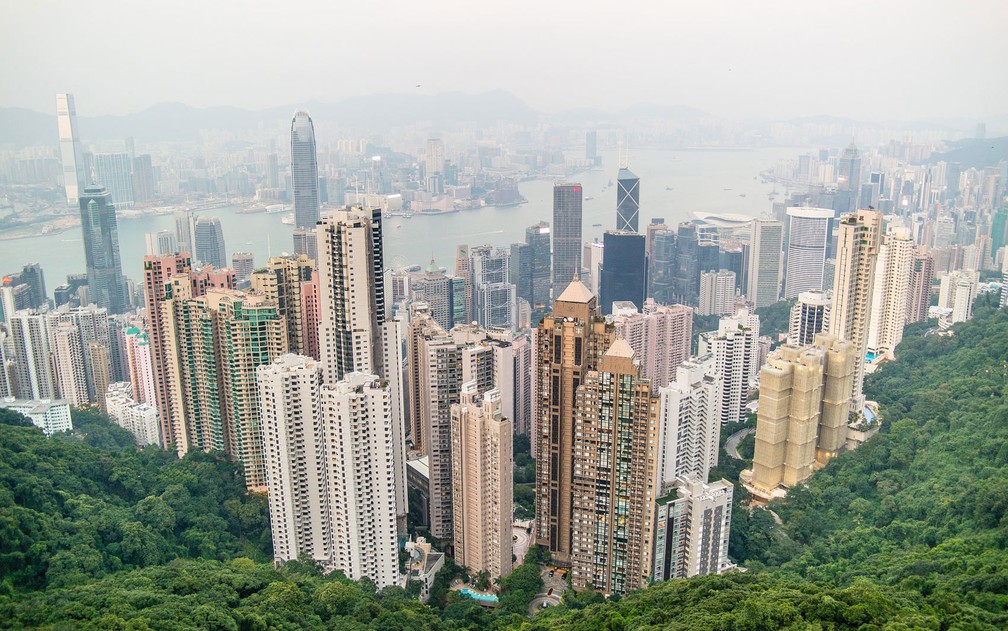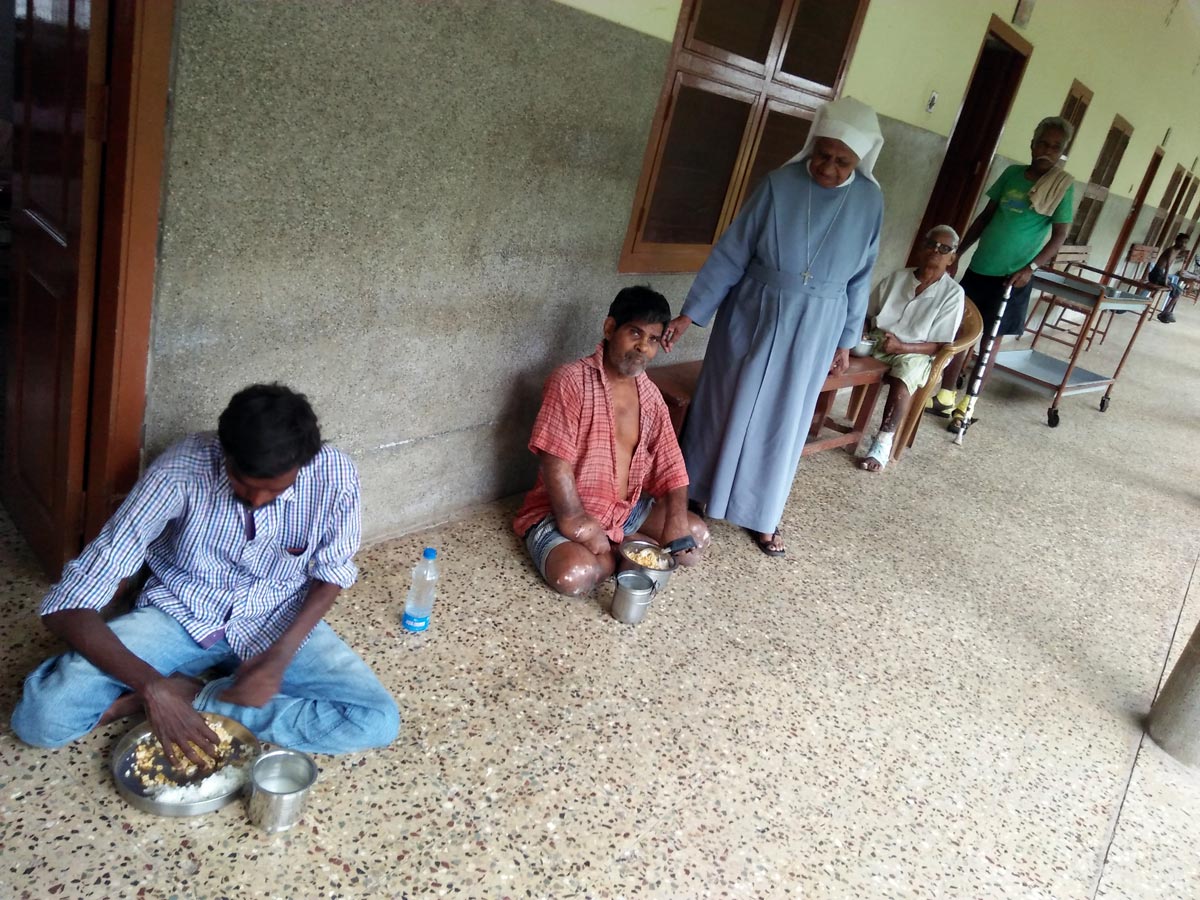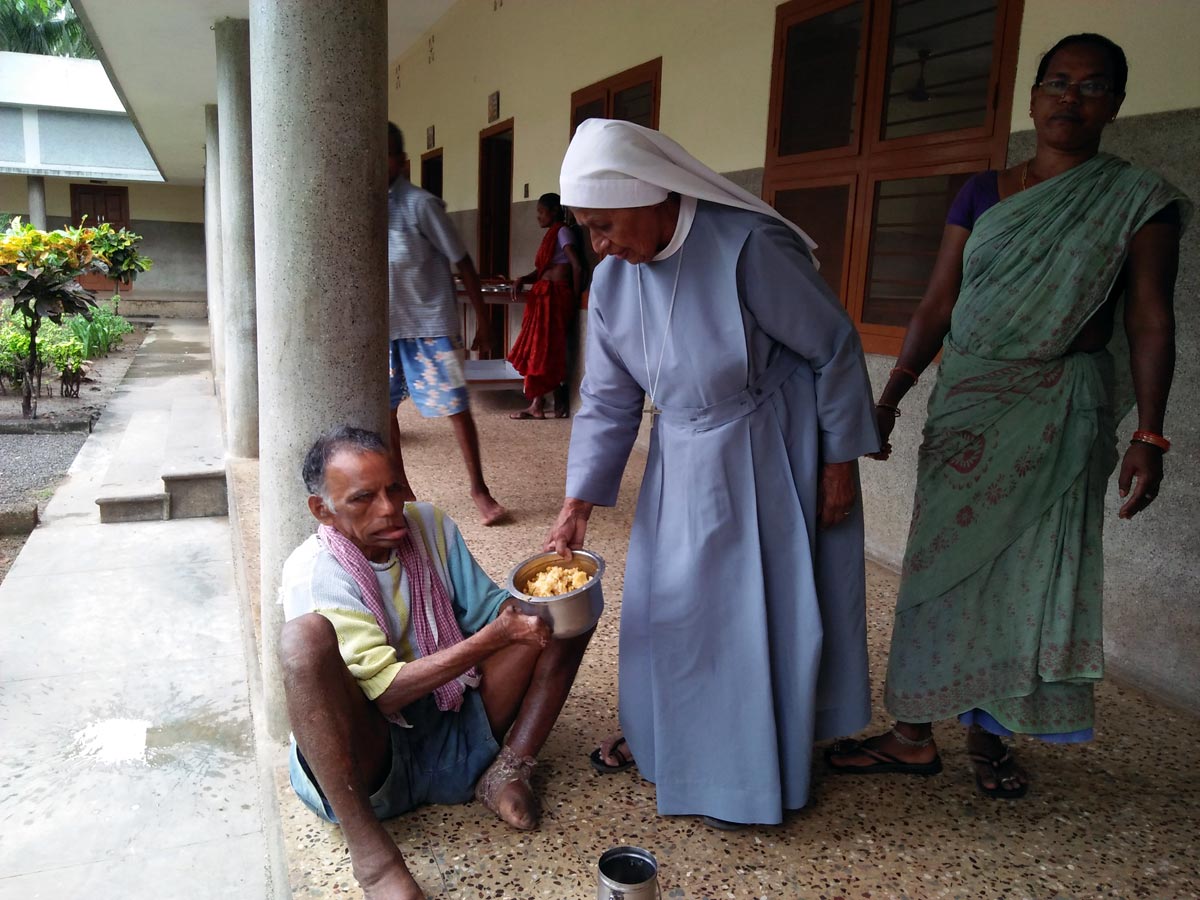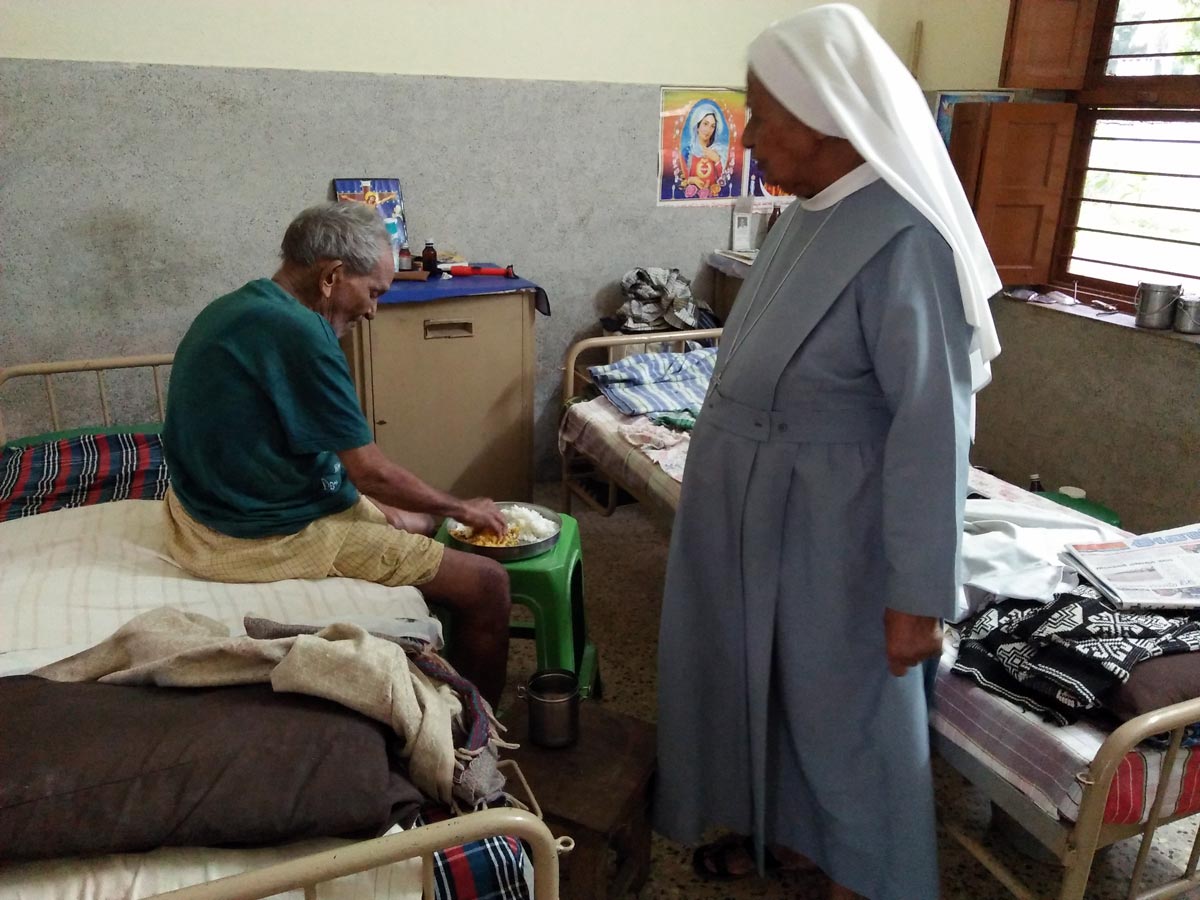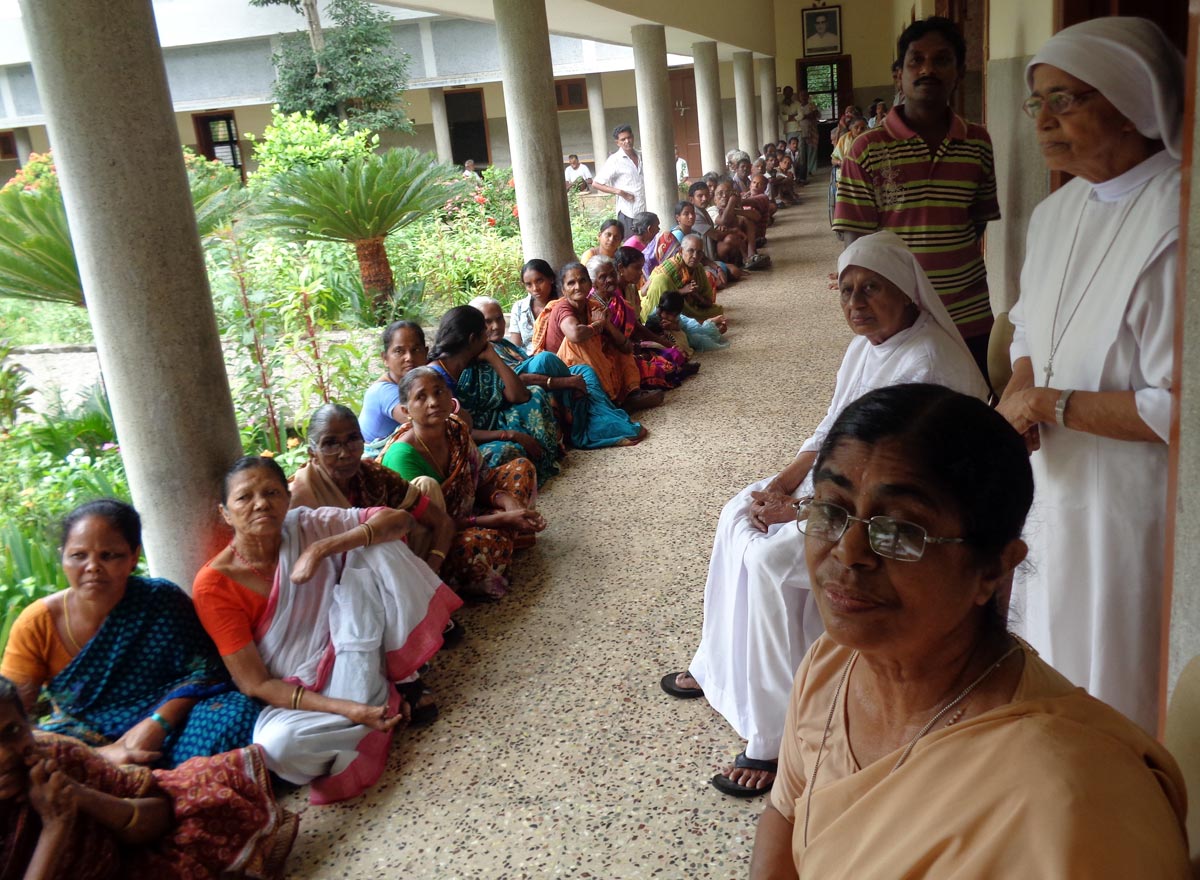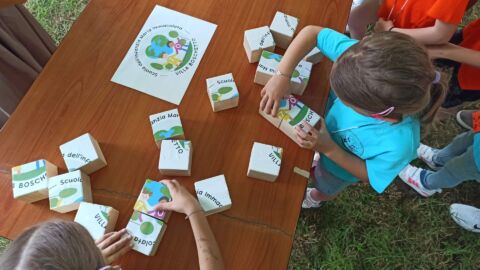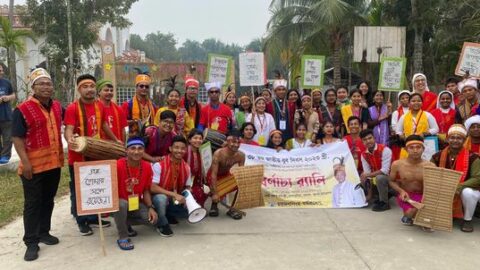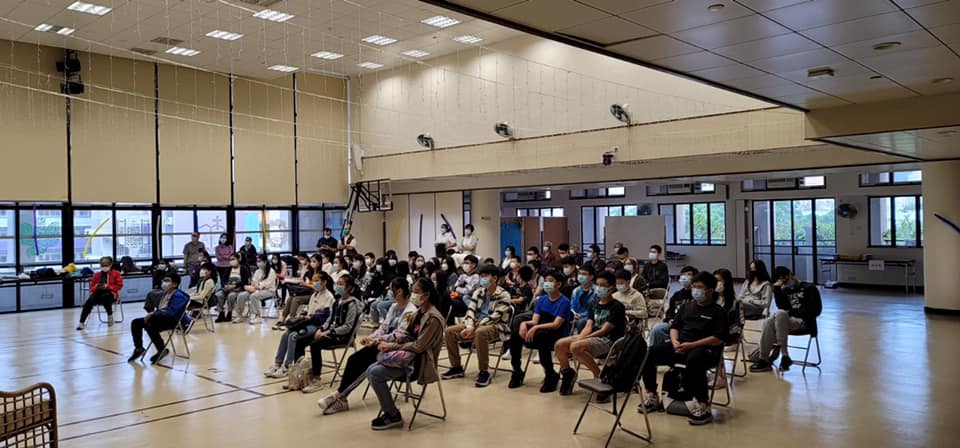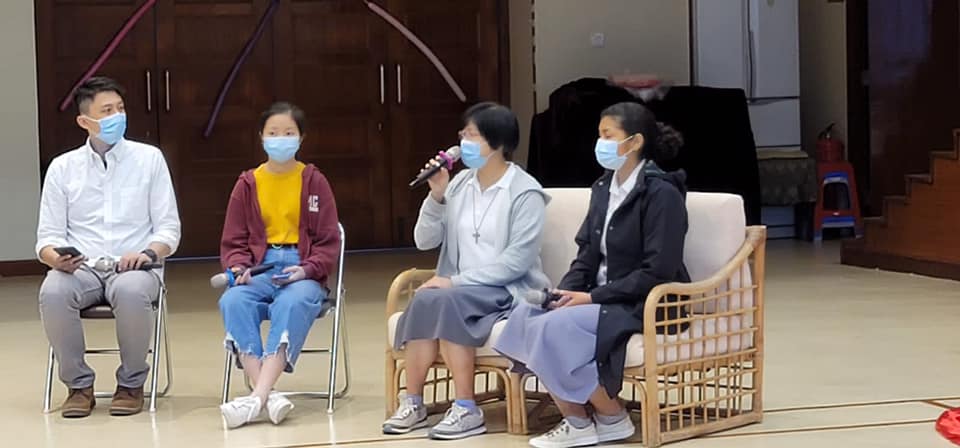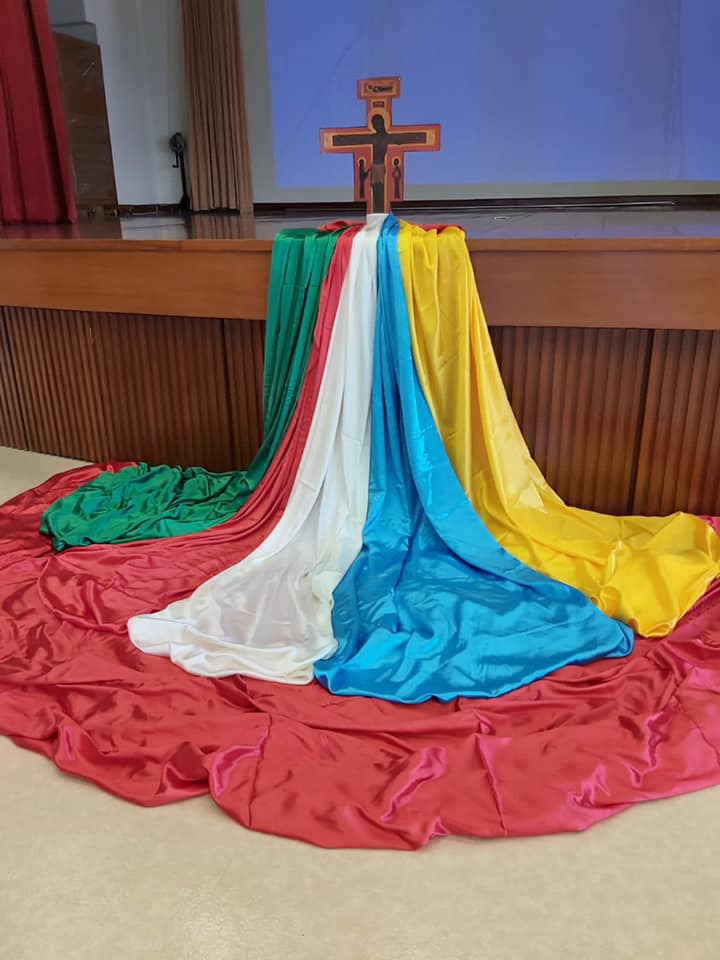Pope Francis, in his Encyclical “Laudato Si” – highlights with great insights the major issues associated with the worldwide ecological crisis we are facing today.
Hong Kong, though a “tiny dot” on the globe, has been confronted with many of the problems mentioned in the Encyclical. Apart from climate change and the different forms of pollution, Hong Kong shares similar phenomena typical of metropolitan cities — consumerism, a throwaway culture, techno-economic paradigm as well as the degradation of the quality of life and human relationships.
For more than two decades, the Hong Kong Government, together with some non-government organizations, have tried to address the above problems in terms of education, publicity and other support measures. In the education sector, for example, the Government has provided schools with funding and teaching resources (e.g. curriculum guidelines, learning kids and etc.) to promote environmental education. In some schools, different committees such as Environmental Protection Committee, Civic Education Committee have been set up for this purpose.
In general, the measures mentioned have made some progress in arousing people’s awareness of the need to protect the environment and in changing their daily habits with regard to waste reduction, energy saving and recycling. However, the effects have fallen short of expectations. The efforts to combat ecological and environmental problems on the whole are sporadic without a clear direction and well-conceived policies. In fact, ecological issues have remained at the periphery of the Government’s agenda, as economic and other interests have always been given higher priorities.
On the other side, the attitude and lifestyle of many local people have not changed much. In a modern, materialistic and highly congested city like Hong Kong, many people tend to overconsume even if they need to tighten their belts for doing so. They often spend more than they need to “purchase time, convenience, comfort and pleasure”. This kind of excessive consumption is accepted by many as a justified compensation for a busy, competitive and stressful life.
In schools too, much more needs to be done in promoting ecological education aiming at lasting change of students’ attitude and value. Many related programmes in the past tended to be event-based and were fragmented and superficial. Some schools implemented environmental education simply to fulfill the requirement of related curriculum guidelines. This is quite understandable as education here is examination-oriented with undue emphasis on academic achievements.
In fact, ecological education should not be treated as an isolated subject, nor should it be dealt simply with facts, data and guidelines for actions. Rather, it should be a form of value education integrated into the school curriculum and incorporated into students’ everyday lives with their “ecological conversion”.
In line with the message of “Laudato Si”, genuine ecological education should have its religious and spiritual dimensions calling for a “profound interior conversion”. It is the mission of Catholic schools to help students experience this inner conversion with a passionate concern for “our common origin”, “our mutual belonging”, and “a future to be shared with everyone”. (Laudato Si, 202). Schools should make every effort to inculcate in students the aspirations to appreciate nature, to treasure themselves, to respect human dignity, to contribute to the command good and above all, to love God who is the source of all beings. The presence of the missionaries, be they in the school, parish or the community, will certainly bear important witness to this God-driven conversion.
As for the Catholic Diocese of Hong Kong, since many years back, it has made effort to promote among laity greater concern for the environment and ecology in connection with their faith. For instance, “The Green Messengers of Green Consciousness” was formed to advocate green awareness and green life with special emphasis on the integration and spirituality of “heaven, earth and man”. “The Green Messengers” have done so through prayers, talks and various formation and sharing programmes. In response to Laudato Si, the Diocese has organized seminars, sharing sessions, prayer meetings, dialogue with other religious groups or social institutes on current ecological issues and other related themes. It is hoped that the concerted effort of the Diocese, school, family and community will motivate more people of good will to set on the path of genuine ecological conversion to save our common home.
There is a saying that “in every crisis, there comes an opportunity”. Amid the coronavirus pandemic, Hong Kong now is also facing unprecedented political and social challenges. This seemingly crisis situation may well provide an opportunity for us to rediscover what is most important and treasurable in life. Let us have faith and hope in God praying that He, the source of all beings, will guide each one of us to experience genuine inner conversion at this time of crisis. For all our limitations, gestures of generosity, solidarity and care cannot but well up within us, since we were made for love.” (Laudato Si, 58)
Connie, Lay Associate, Hong Kong

